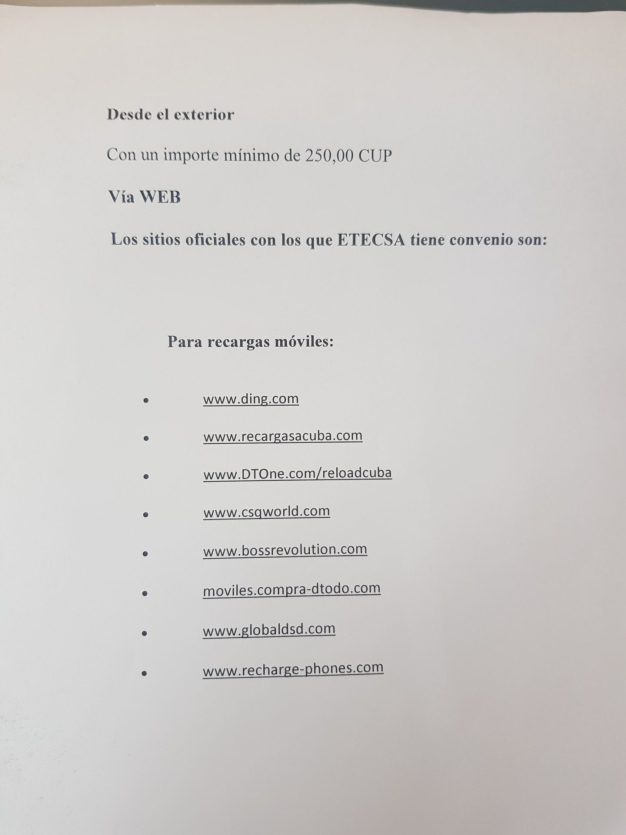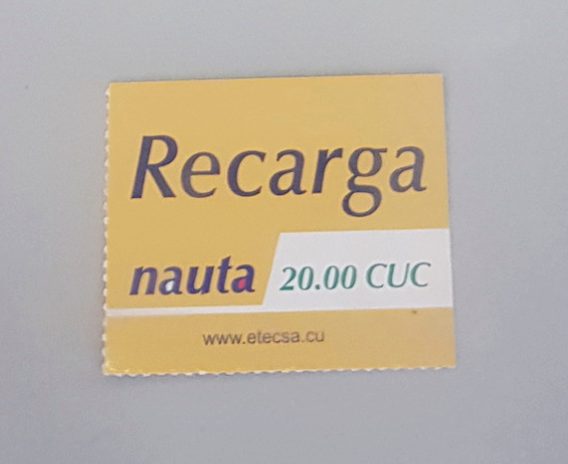Comunication in Cuba
Master communication in Cuba: Internet, WiFi, and phone tips

Understanding Cuba’s Internet Infrastructure
The telecom in Cuba is managed by ETECSA, the one and only maestro of connectivity in the country. This state-owned enterprise runs the show, from dial-up to data plans. Wi-Fi hotspots have blossomed across the island, providing Cubans and visitors alike a taste of the worldwide web, while the challenges – from infrastructural to financial – continue to pirouette around progress.
Mobile Data Services
Mobile data in Cuba is like a classic car – it gets you where you need to go, but not at lightning speed. 3G and 4G services are expanding their horizons, and with that, data plans are becoming more common. Costs are steep by local standards, but for the connected traveler, staying online might just be worth the extra pesos.
Public Wi-Fi Hotspots
They’re typically found in parks, plazas, and along boulevards. But with connectivity comes cost – access is not free, and payment is usually made through prepaid cards. Pro tip: look for large groups of people staring at their phones; you’ve likely hit a Wi-Fi jackpot.
You will have to buy wifi connection cards in the Etecsa shops, 1 hour for 2 CUC, it will be necessary to contact you on the site to access wifi. However, do not count on internet in Cuba, the network is slow.
Using ETECSA’s Nauta Cards
Nauta cards are your golden tickets to the internet in Cuba. Purchase them at ETECSA outlets or from resellers at a markup, scratch off the back, and voilà – you’re ready to log in. But watch the clock; time is money when you’re on Cuban Wi-Fi.
Home Internet (Nauta Hogar)
Can you imagine surfing the net from the comfort of your casa particular? With Nauta Hogar, some Cubans are doing just that. Qualifying for this service requires patience and a little luck, and the speeds won’t break any records. Still, it’s a leap forward in a land where internet was once a distant dream. Packages vary, and so does pricing, balanced to cater to different needs.
Internet Cafés and Access Centers
Internet cafés and access centers dot the island, providing gateways to the digital realm. Services vary, from basic browsing to international calls, and while they may not be the coziest of spots, they’re invaluable for those without other means to connect.
Internet Restrictions
Talk about a plot twist – not everything is fair game on the Cuban internet. Government control tightens its grip on the flow of information, filtering out what’s considered unsavory and keeping a watchful eye on digital comings and goings. Is your favorite website on the no-fly list? It’s possible.
VPNs and Anonymity Tools
In a place where the digital curtain is drawn tight, VPNs are the secret tunnels that offer a glimpse beyond. Service like AirBnb, or Google tools being restricted in the country, a reliable VPN might be your best friend. They will significantly enhance the security of your data on public Wi-Fi and may also allow you to access websites restricted in Cuba.
Buying a Sim Card
The only way to get a SIM card is at ETCSA Selling points offerign services of sale and recharge of prepaid cards, national and international calls from public phones, Internet access, among others.
- Count 1h to get your card, if there is no queue.
- Bring your passport with you.
- Activating your sim card can be a bit tricky, so make sure to ask them how to activate it.
Where to buy a SIM CARD ?
Here is the google map adress of 2 Etecsa offices in Havana. They operate from Monday to Sunday, for 12 hours,
- ETCSA – Calle Obispo (Old Havana)
- ETECSA – Palacio Central de Computacion (Havana Centro)
Phone Plan Recharge
- You always can by recharges at Etecsa.
- A more convenient way to top up some data for your phone is to do it through online services. I’ve personally tested hablacuba.com and ding.com, and they work flawlessly.


Phone Services
Landline Telephone Services
As for the good ol’ landline, it’s alive and kicking in Cuba. Installation is a bureaucratic ballet, and international calls can cost a pretty penny. Yet, it’s a reliable link to the outside world for many locals.
Cubans often provide their neighbor’s phone number, a widespread custom.
Mobile Phone Services
The mobile revolution has finally called on Cuba, with more and more Cubans tapping and swiping on their devices. Prepaid services are the norm, and you can even stumble upon roaming offerings, albeit at a premium, for those who can’t bear to disconnect while sipping their mojito.
Calling
To call Cuba from abroad:
- To a landline: International exit code + Cuba code (53) + City code + desired phone number.
- To a mobile phone: International exit code + Cuba code (53) + desired mobile number.
To call from Cuba to the outside:
- From one mobile phone to another: International exit code (119) + Country code + City code + Desired number
- From a mobile to a landline: International exit code (119) + Country code + Number desired.
You should know that:
- All mobile phones in Cuba start with the number 5.
- Calls from abroad to mobile phones in Cuba are free of charge for the receiver.
- Calls from a jo to a mobile phone, inside Cuba, recharge the balance of the mobile.
Post Cards & Mails
The mail service is quite reliable; a postcard will take about a month to reach its destination. For sending valuables, prefer services like DHL.